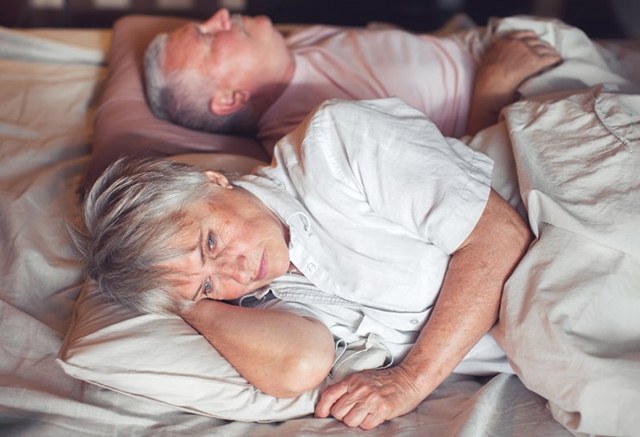Central Sleep Apnea – Tulsa, OK
The Lesser-Known Version of Sleep Apnea

Although most discussions on sleep apnea are about obstructive sleep apnea (OSA), this is only the most common form of the disorder. One of the rarest versions, however, is central sleep apnea (CSA), which only affects less than 1% of all individuals. How different can this be from the normal type of sleep disorder, and what can you do to alleviate your condition so that you can improve your rest? Keep reading to learn more about central sleep apnea or call our office to schedule a consultation.
Obstructive Sleep Apnea vs. Central Sleep Apnea: Understanding the Difference

In both cases, a person will experience repeated interruptions or pauses in their breathing during rest. Both OSA and CSA come with similar types of conditions, such as daytime drowsiness, reduced productivity at work, and a higher chance of developing certain health problems.
The main difference between the two is how they occur. Obstructive sleep apnea happens when the tissues in the upper airway are overrelaxed, restricting free airflow. Central sleep apnea occurs when your brain fails to send the proper signals to your muscles that control breathing, causing you to stop throughout the night.
What Causes Central Sleep Apnea?

In the cases where CSA doesn’t have an obvious cause, it’s referred to as idiopathic or primary CSA. That said, some potential causes of central sleep apnea include:
- Cheyne-Stokes breathing: Almost half of all CSA cases experience breathing that speeds up, slows down, stops, and repeats in a cycle.
- Medical conditions: Kidney/heart failure, strokes, and Parkinson’s disease can each raise your risk of CSA.
- High altitudes: CSA can occur more frequently at elevations above 8,000 feet.
- Medications: Some narcotic medications can impact your breathing patterns, such as morphine and oxycodone.
Complications of Central Sleep Apnea

Not only is it an annoyance, but CSA can also significantly raise your risk of a wide variety of complications, such as:
- Diabetes
- Uneven heartbeat
- Heart failure
- Stroke
- Heart attack
- High blood pressure
- Obesity
If you’re already experiencing major health conditions, including the ones mentioned, CSA can end up worsening the problem and making them more difficult to handle. For instance, a lack of sufficient rest can keep you from maintaining a healthy diet to combat diabetes.
When to See a Doctor About Central Sleep Apnea

If you’re concerned about your quality of sleep or have noticed issues in a loved one’s breathing throughout the night, make sure to schedule an appointment with your general care doctor. Once they’ve understood your symptoms, they may recommend you take a sleep test where machines will monitor your breathing and vitals while you rest. After a professional analyzes your results, they can determine if you have sleep apnea, which kind you have, and then develop a treatment plan for you. Depending on your situation, you might be provided with a CPAP machine, an oral appliance, or a combination of the two.
